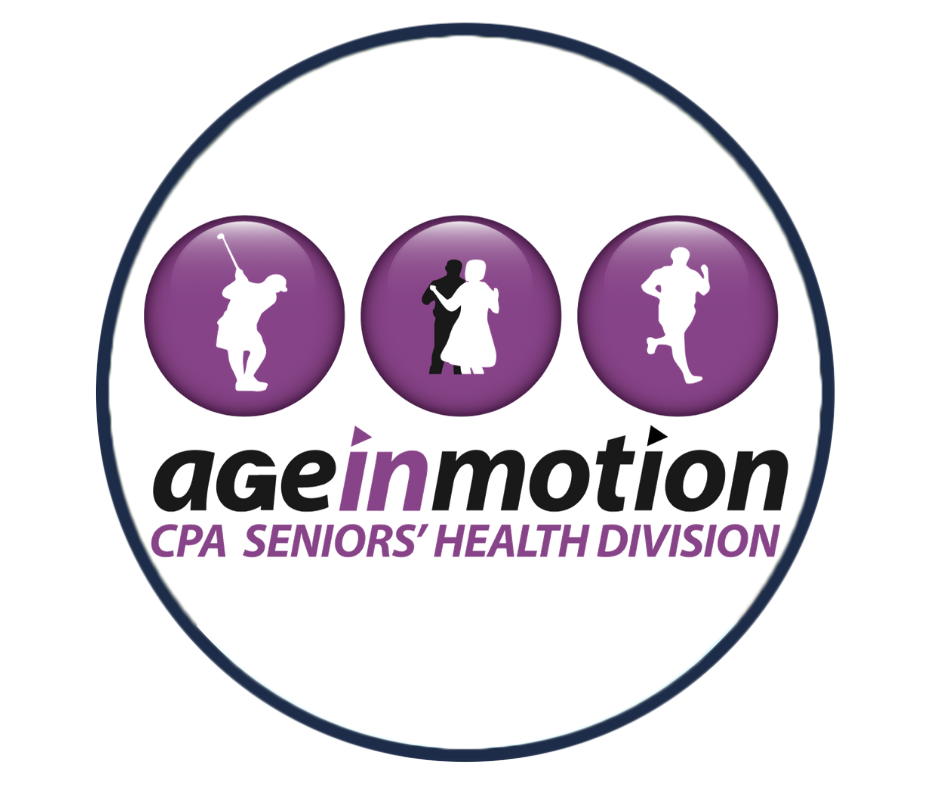Physiotherapy Management Of Postural Instability

Physiotherapy Management Of Postural Instability
This course includes
Overview:
This is a two-part course hosted by the Seniors Health Division of the Canadian Physiotherapy Association (CPA). It covers the assessment and treatment of balance problems in older adults.
This series will provide evidence-informed best practices covering:
- Balance and control systems for postural stability;
- Changes with aging that affects balance;
- Assessment of postural stability – choosing clinical balance tests; and
- Interventions to improve postural stability.
Relevance to Physiotherapy Practice:
Physiotherapy has a very prominent role to play in the assessment and treatment of balance problems and fall prevention strategies. Older adults also represent a growing demographic for physiotherapy care across settings of practice.
Speaker: Dr. Susan Hunter
Dr. Susan Hunter is an Associate Professor in the School of Physical Therapy at the University of Western Ontario. She practiced clinically as a Physical Therapist in the areas of orthopaedics and geriatrics for 19 years and then completed her PhD in Epidemiology and Biostatistics at the University of Western Ontario evaluating balance assessment to identify fall risk in community-dwelling older adults.
She completed a Post-Doctoral Fellowship in Geriatric Medicine on cognition, dementia and falls and has been fully involved in research since 2010. Dr. Hunter’s research interests are the rehabilitation of geriatric patients, particularly the cognitively-impaired older adult, and their experience of falls, frailty and mobility decline.
She is the Vice-President of the International Association of Physiotherapists working with Older People (IPTOP), a subgroup of World Physiotherapy and past Chair of Seniors’ Health Division in Canadian Physiotherapy Association.
Upon Completing This Course Participants Will Be Able To:
- Understand and describe the concepts of balance, and essential body systems/components involved in normal balance function.
- Identify a variety of balance tests and their measurement properties
- Apply key factors of consideration in choosing appropriate balance tests and measures
- Develop interventions to improve postural stability
The instructors


The Seniors’ Health Division (SHD) is a special interest group within the Canadian Physiotherapy Association. SHD is committed to providing members with services related to older adult health and physiotherapy practice.
It is comprised of physiotherapists from across Canada who work with older adults in a variety of practice settings, including acute geriatric care, geriatric rehabilitative and restorative units, long term care settings, community based and home care settings.
SHD is a member of The International Association of Physical Therapists working with Older Persons.
Vision of the Seniors' Health Division: Older Canadians are moving, moving more and moving better with the help of physiotherapists.
Mission of the Seniors' Health Division: To support our members in providing excellent physiotherapy care to optimize the independence and quality of life of older adults.
Material included in this course
-
Physiotherapy Management Of Postural Instability Part 1 - Oct 13 2021
-
Welcome
-
Session 1 Lecture Slides
-
Session 1 Assessment Forms
-
Introduction
-
System Framework for Postural Stability
-
Changes with Aging that Affect Balance
-
Assessment of Postural Stability
-
The Elephant Issue
-
Summary of Study
-
Vitual Assessment
-
BPPV
-
Fall Prediction
-
Questions
-
Feedback
-
Physiotherapy Management Of Postural Instability Part 2 - Oct 20 2021
-
Session 2 Lecture Slides
-
Session 2 Assessment Forms
-
Session 2 Introduction
-
Concern for Falling
-
Self-Efficacy
-
Interventions to Improve Postural Stability
-
Setting Up an Exercise Program
-
Balance Exercises
-
Postural Stability Exercises
-
The Otago Exercise Program
-
Summary and Questions
-
Feedback